The Question Of Leadership: Obstacles To Palestinian Statehood
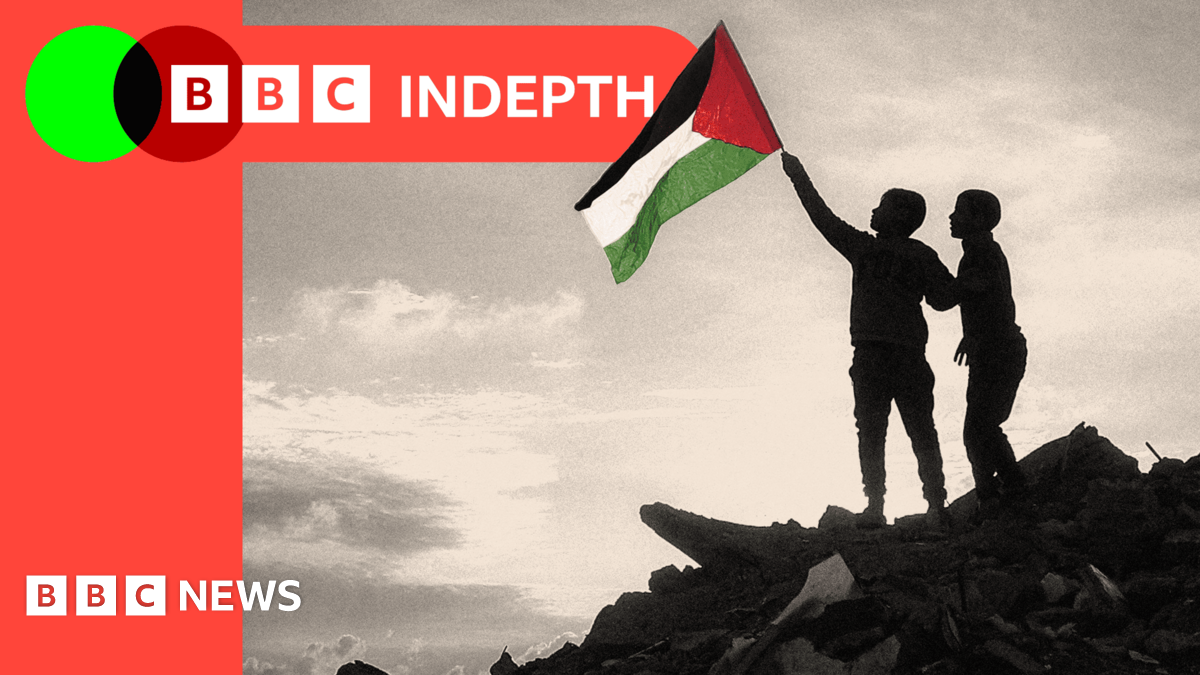
Welcome to your ultimate source for breaking news, trending updates, and in-depth stories from around the world. Whether it's politics, technology, entertainment, sports, or lifestyle, we bring you real-time updates that keep you informed and ahead of the curve.
Our team works tirelessly to ensure you never miss a moment. From the latest developments in global events to the most talked-about topics on social media, our news platform is designed to deliver accurate and timely information, all in one place.
Stay in the know and join thousands of readers who trust us for reliable, up-to-date content. Explore our expertly curated articles and dive deeper into the stories that matter to you. Visit Best Website now and be part of the conversation. Don't miss out on the headlines that shape our world!
Table of Contents
The Question of Leadership: Obstacles to Palestinian Statehood
The dream of a sovereign Palestinian state remains elusive, hampered by a complex web of internal and external challenges. While the two-state solution enjoys broad international support, the path to its realization is fraught with obstacles, many stemming from the very leadership tasked with guiding the Palestinian people. This article delves into the critical question of leadership and its impact on the persistent hurdles to Palestinian statehood.
Internal Divisions: A Fractured Path to Independence
One of the most significant obstacles is the deep political divide between Fatah, which controls the Palestinian Authority (PA) in the West Bank, and Hamas, which governs the Gaza Strip. This division, exacerbated by years of conflict and mistrust, effectively prevents a unified national strategy for achieving statehood. The lack of a cohesive political front weakens the Palestinians' negotiating position with Israel and the international community. Efforts at reconciliation have repeatedly failed, leaving the Palestinian territories fragmented and hindering their ability to present a united front on crucial issues.
- The Impact of Factionalism: Internal fighting and power struggles divert resources and attention away from the core goal of statehood, undermining efforts to build the necessary institutions and infrastructure.
- The Role of External Actors: Regional and international actors often exploit these divisions, further complicating the already fragile political landscape.
Corruption and Lack of Accountability: Eroding Public Trust
Widespread accusations of corruption within the PA have severely damaged public trust and eroded faith in the leadership. This lack of transparency and accountability undermines the legitimacy of the Palestinian government and hinders its ability to effectively govern and negotiate on behalf of its people. The perception of corruption further fuels public discontent and instability, hindering the progress towards a viable Palestinian state.
- Economic Inequality: The uneven distribution of wealth and resources exacerbates the problem, fueling resentment and contributing to social unrest.
- The Need for Reform: Comprehensive institutional reforms are crucial to rebuild public trust and restore faith in the leadership's commitment to good governance.
External Pressures and the Israeli-Palestinian Conflict
The ongoing Israeli-Palestinian conflict remains a major obstacle to Palestinian statehood. The continued expansion of Israeli settlements in the occupied territories, the blockade of Gaza, and the limitations on Palestinian movement and access to resources all significantly impede the creation of a viable and contiguous Palestinian state. The lack of a clear path forward in negotiations further fuels frustration and despair amongst the Palestinian population.
- The Settlement Issue: Israeli settlement expansion is widely condemned by the international community and viewed as a major obstacle to the two-state solution.
- The Gaza Blockade: The humanitarian crisis in Gaza, largely due to the blockade, underscores the complexities of the conflict and the urgent need for a lasting resolution.
The Need for Strong, Inclusive Leadership
Ultimately, overcoming these obstacles requires strong, inclusive, and accountable Palestinian leadership. This leadership must prioritize national unity, combat corruption, and engage constructively with the international community to achieve a lasting peace based on a two-state solution. Without such leadership, the dream of Palestinian statehood will remain elusive. The international community also plays a vital role in supporting genuine efforts towards reconciliation and encouraging responsible governance within the Palestinian territories. Only through concerted efforts from both sides can a path towards a peaceful and prosperous future for the Palestinian people be achieved.
Call to Action: Learn more about the ongoing efforts to achieve a two-state solution by visiting the website of the United Nations or other relevant international organizations. Stay informed and advocate for peace in the Middle East.

Thank you for visiting our website, your trusted source for the latest updates and in-depth coverage on The Question Of Leadership: Obstacles To Palestinian Statehood. We're committed to keeping you informed with timely and accurate information to meet your curiosity and needs.
If you have any questions, suggestions, or feedback, we'd love to hear from you. Your insights are valuable to us and help us improve to serve you better. Feel free to reach out through our contact page.
Don't forget to bookmark our website and check back regularly for the latest headlines and trending topics. See you next time, and thank you for being part of our growing community!
Featured Posts
-
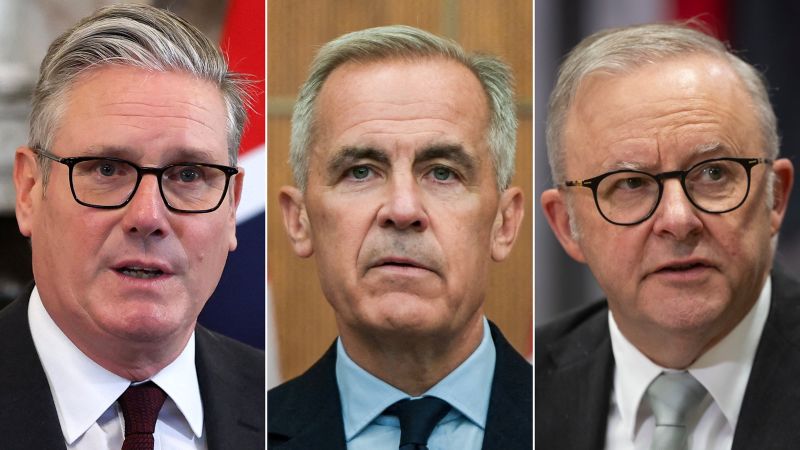 Britain Canada And Australia Formalize Palestinian State Recognition Implications For The Region
Sep 23, 2025
Britain Canada And Australia Formalize Palestinian State Recognition Implications For The Region
Sep 23, 2025 -
 Durant On Blocked Warriors Trade And Suns Rumors I Was Upset
Sep 23, 2025
Durant On Blocked Warriors Trade And Suns Rumors I Was Upset
Sep 23, 2025 -
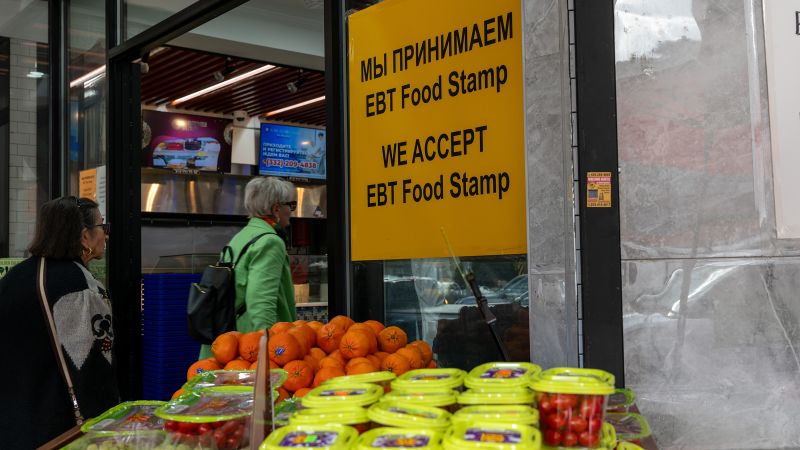 Trump Administrations Budget Cuts And The Suppression Of Hunger Data
Sep 23, 2025
Trump Administrations Budget Cuts And The Suppression Of Hunger Data
Sep 23, 2025 -
 Did Letting Go Of Jimmy Kimmel Hurt Abc Financially A Look At The Numbers
Sep 23, 2025
Did Letting Go Of Jimmy Kimmel Hurt Abc Financially A Look At The Numbers
Sep 23, 2025 -
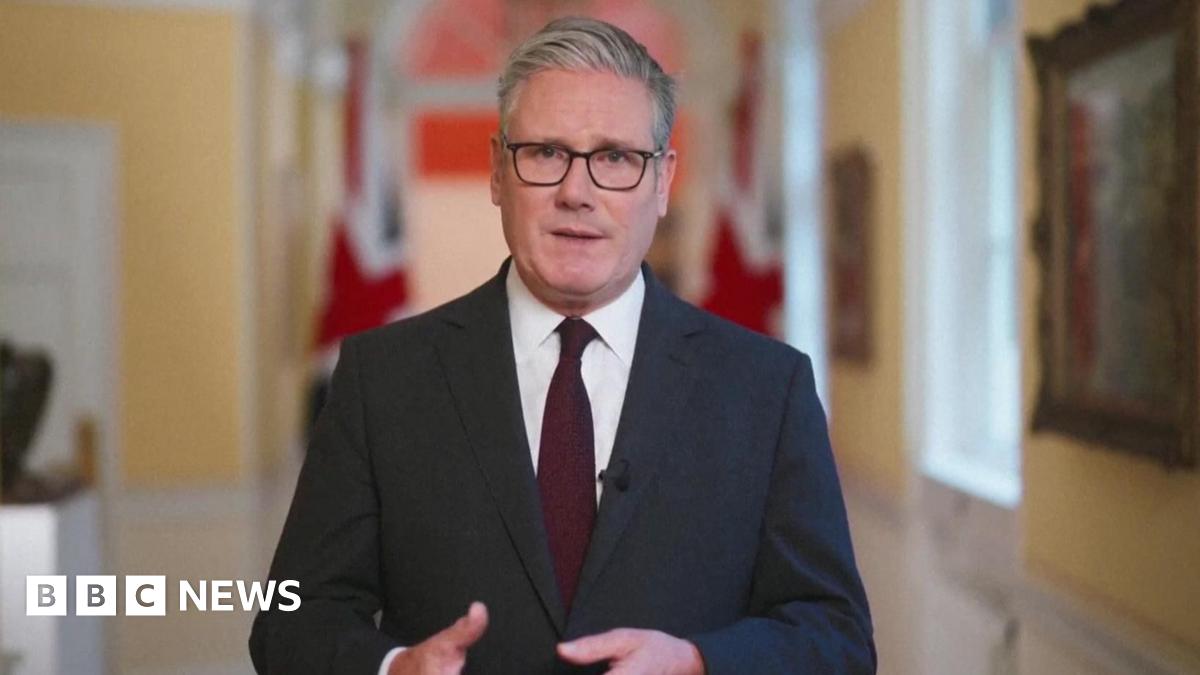 Starmers Bold Move Formal Uk Recognition Of A Palestinian State
Sep 23, 2025
Starmers Bold Move Formal Uk Recognition Of A Palestinian State
Sep 23, 2025
Latest Posts
-
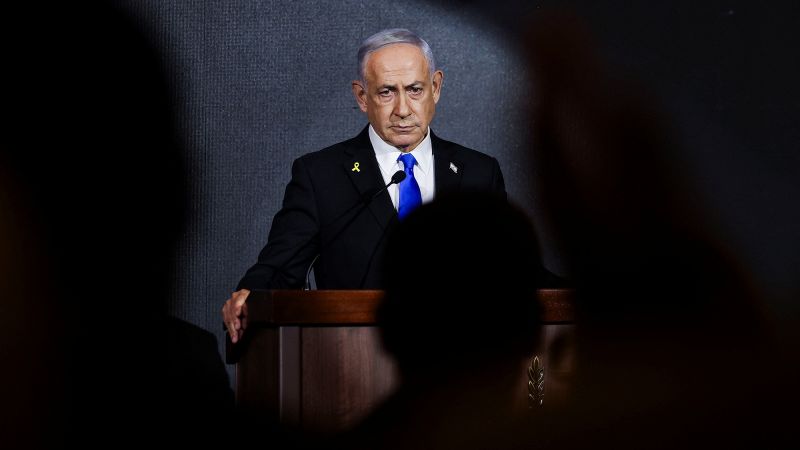 International Recognition Of Palestine Netanyahus Response And Us Backing
Sep 23, 2025
International Recognition Of Palestine Netanyahus Response And Us Backing
Sep 23, 2025 -
 Did Letting Go Of Jimmy Kimmel Hurt Abc Financially A Look At The Numbers
Sep 23, 2025
Did Letting Go Of Jimmy Kimmel Hurt Abc Financially A Look At The Numbers
Sep 23, 2025 -
 Fara Williams Pays Tribute To Matt Beard One Of A Kind Liverpool Manager
Sep 23, 2025
Fara Williams Pays Tribute To Matt Beard One Of A Kind Liverpool Manager
Sep 23, 2025 -
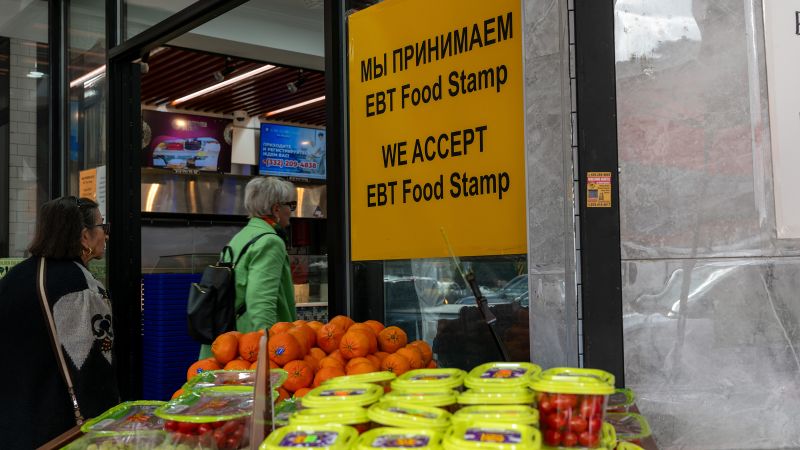 Historic Cuts To Food Assistance Programs Trump Administration Suppresses Hunger Report
Sep 23, 2025
Historic Cuts To Food Assistance Programs Trump Administration Suppresses Hunger Report
Sep 23, 2025 -
 No Golden State For Kd Kevin Durant On Why The Trade Didnt Happen
Sep 23, 2025
No Golden State For Kd Kevin Durant On Why The Trade Didnt Happen
Sep 23, 2025
